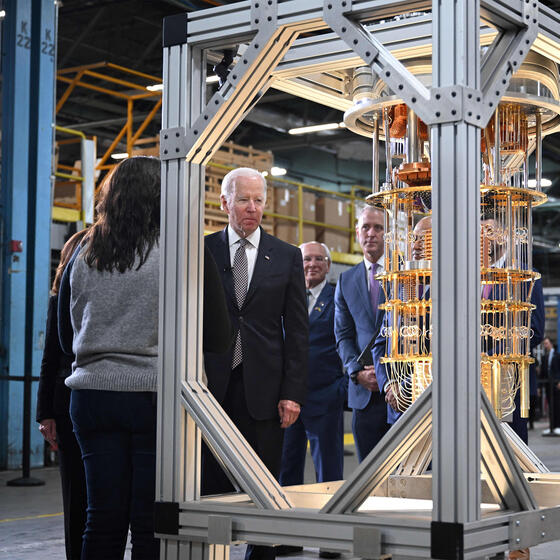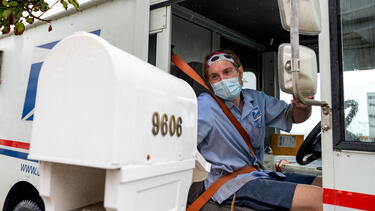Public Policy
Can Industrial Policy Help Revive Struggling Regions?
A new paper co-authored by Yale SOM’s Cameron LaPoint looks at an effort in 1980s Japan to narrow economic inequalities between geographic regions, in order to understand the potential impact of the similar U.S. CHIPS and Science Act, enacted in 2022.

Why the Texas Power Market Failed
Texas-based energy economist Ed Hirs ’81 says the February 2021 power crisis exposed longstanding, fatal flaws in the state’s energy market design and oversight.

Day-One Advice for President Joe Biden, from Yale Experts
Joe Biden and Kamala Harris will take on an array of monumental challenges, including controlling COVID-19, making progress on the climate crisis, and confronting racial injustice. We asked faculty members who specialize in these and other subjects what research-based counsel they would give to America’s new leaders.

‘Snapshots’ of Migrants in Mexico Suggest U.S. Undocumented Population Is Much Larger than Previous Estimates
A new study from Yale SOM’s Edward Kaplan and Scott Rodilitz, making use of data on migrants who have returned to Mexico, suggests that there are an estimated 19.6 million undocumented immigrants in the United States.

Weakening Unions Can Lead to Gender Gap in Wages
In 2011, legislation in Wisconsin reduced the power of unions to negotiate teachers’ salaries. Within five years, male teachers started earning more than women did.

Video: Why You Should Care about Antitrust
We asked Prof. Fiona Scott Morton, former chief economist for the Justice Department’s Antitrust Division and the founder of the Thurman Arnold Project at Yale, to explain why antitrust violations are bad for consumers and how the government can respond.

Rethinking Police Organizations
Prof. Rodrigo Canales has spent his career investigating how to transform the institutions that shape our lives. Effective police reform, he says, begins with shifting the focus from deterring crime to helping the whole community feel safe.

How Cash Bail Creates a Two-Tiered System of Justice
Kaitlin Koga ’17, chief of staff for the Bail Project, argues for an alternative to bail that she believes would deliver more equitable justice and improve public safety.

Please Mr. Postman
Some have defended cutbacks to the United States Postal Service, weeks ahead of the election, by citing the USPS’s financial struggles. But the postal service was created to provide a public service, writes Yale SOM’s Jeffrey Sonnenfeld, not to turn a profit.

Will COVID-19 Worsen Inequality in the United States?
The path of the pandemic has been shaped by inequality, with poor and minority workers experiencing greater exposure to infection and fewer health protections. Has the policy response helped ease these inequities—or made them worse?

To Stop Violent Policing, Build Effective Police Organizations
For the last three years, Yale SOM's Rodrigo Canales has led a project studying police forces in Mexico and testing approaches to building more effective and trusted departments.
